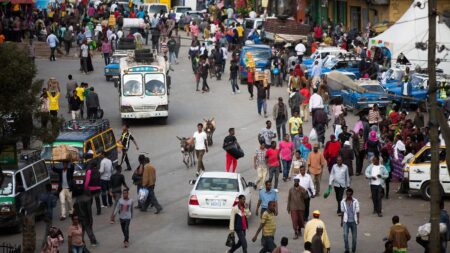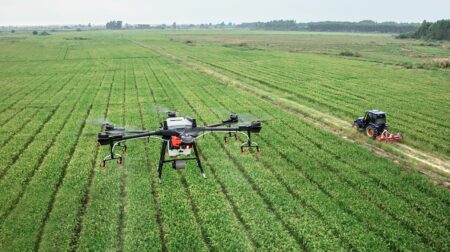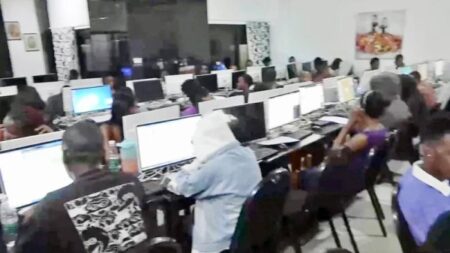Africa, the world’s second-fastest-growing region might drive a third of 440 it’s formal and informal workers in unemployment, as the region rolls in lockdowns that sweep away people’s means to earn their income, according to McKinsey.
As the virus threats keep on taking new shapes, Mckinsey Finding Africa’s Path report entails that report, between 9 million and 18 million of Africa’s 140 human capital informal sector could lose their jobs.
The report also noted that a further 30 million to 35 million could see a reduction in wages and working hours, as one hundred million of the 300 million informal jobs in Africa are at risk.
Already the virus has hurt other decent-paying and highly labour concentrated sectors in the region such as manufacturing, retail and wholesale, tourism, and construction, as jobs of more than half of the workforce could be lost, the report highlighted.
The virus which has already infected over 18,000 people and killed nearly 960 people, is putting a strain on the 37 million new and stable wage-paying jobs created over the past decade, which are taken by the 28 per cent of Africa’s labour force.
Despite the pandemic taking a rather slow pace in the region, on the other hand—the continent’s economy is hurt bad. Cities and towns lockdowns across many countries have curbing activity while the snarling of global supply chains has depressed the prices of the commodities many countries export.
Several projects including forecasts made the World Bank now projects the region will have its first recession in 25 years, while Goldman Sachs estimates Africa could have a $75 billion funding hole. Also, Mckinsey models estimated that Africa will experience an economic contraction in 2020, with its GDP growth rate falling by between five and eight percentage points
There are also concerns that limited testing is suppressing the real number of infections, with the disease yet to take hold in many African countries, and a rapid rise in numbers is expected.
However, amid this pandemic, it is a fact that Africa is ill-equipped to fund a medical response and needs to spend $5 billion on health over the next 100 days.
“The entire continent may have just 20,000 beds in intensive care units, equivalent to 1.7 ICU beds per 100,000 people. By comparison, China has an estimated 3.6 ICU beds per 100,000 people, while the U.S. has 29.4.” McKinsey said
Hence, the consultancy firm noted that in sub-Saharan Africa outside of South Africa, there may be as few as 3,500 ventilators. The U.S. has 160,000. Masks are also in short supply.
Also, according to Mckinsey Against the backdrop of this worrying public-health situation, African countries will have to address three major economic challenges in the coming weeks and month.
The impacts of the global pandemic on African economies, as the World Health Organization (WHO), predicts 10 million coronavirus cases surging in the continent in the next coming three to six months. The economic impact of the spread of the virus within Africa and the measures are taken by various governments to curb the pandemic. Also, the collapse of the oil price, driven by geopolitics as well as reduced demand in light of the pandemic.
READ:Coronavirus effect on crude oil: Prices at all time low










